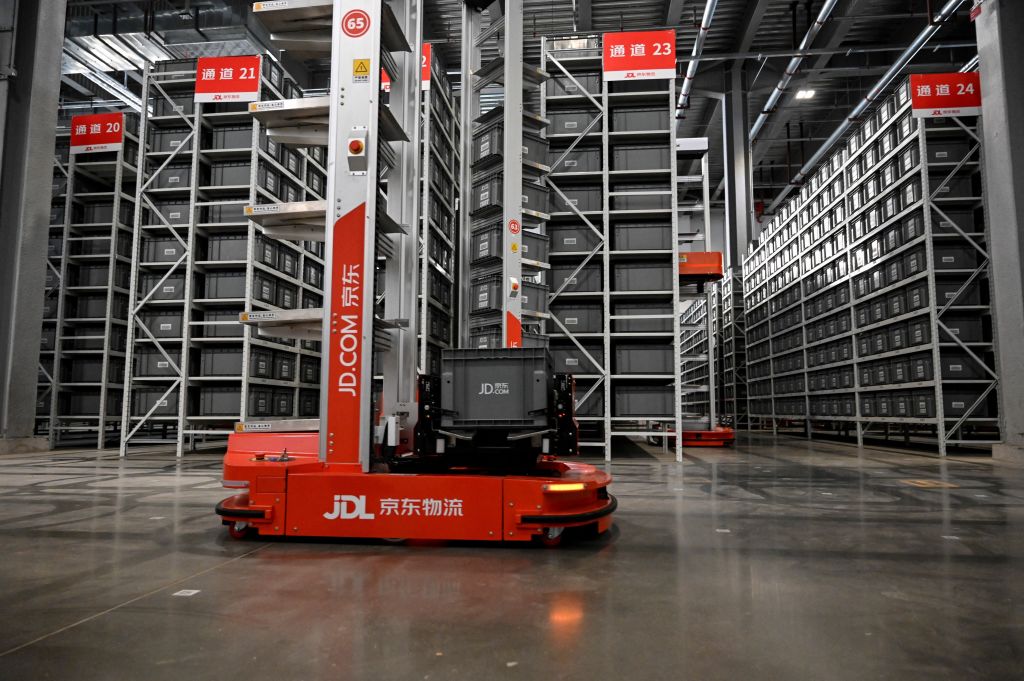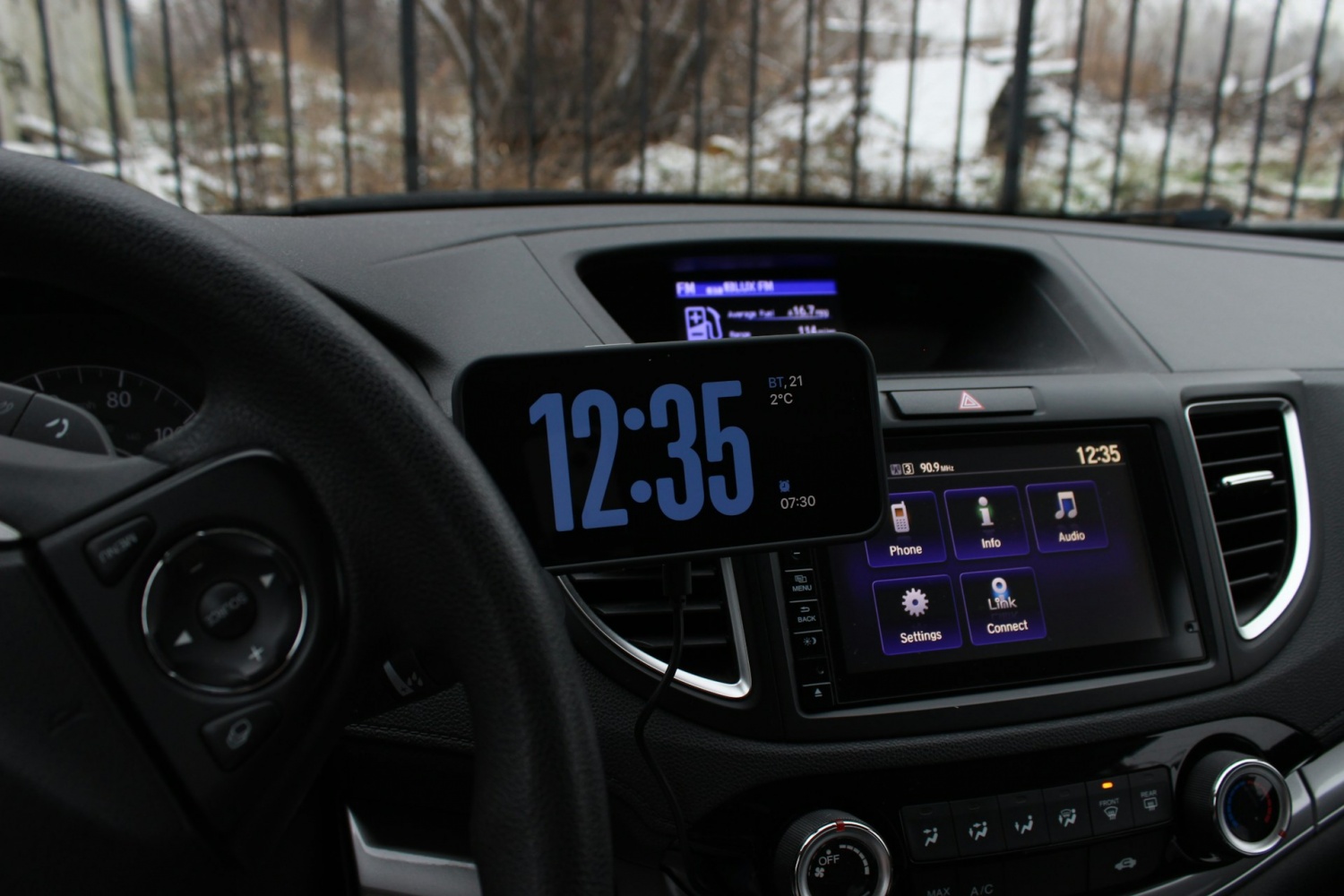Consumers Ready to Embrace Automated Vehicles for Delivery Services Over Drones and Robots
A recent study conducted by Northwestern University’s Mobility and Behavior Lab has revealed that consumers are more prepared to accept the use of automated vehicles for delivery services than drones and robots. As key players like Amazon and Walmart invest more in drone delivery services, the study also highlights the nuanced relationship between consumer behavior and the acceptance of near-future technologies for automated parcel delivery.
Led by Amanda Stathopoulos, an associate professor of civil and environmental engineering, the study aimed to uncover public perceptions of the potential shift from traditional delivery drivers to automated vehicles, drones, and robots. Titled “Robots at your doorstep: Acceptance of near-future technologies for automated parcel delivery,” the research delves into the complexities surrounding the societal acceptance of these innovations.
Findings from the study indicate that people are generally more willing to embrace automated vehicles as substitutes for human delivery personnel, possibly due to their existing familiarity with self-driving cars. However, drones and robots faced less favorable reception, although the likelihood of acceptance grew as delivery speed increased and prices decreased.
Additionally, the study revealed that tech-savvy consumers demonstrated higher acceptance levels compared to those less familiar with the innovations, emphasizing the role of familiarity and awareness in shaping consumer attitudes.
While companies ramp up efforts to incorporate drone deliveries, the study cautions that a lack of public acceptance could pose significant challenges to the success of these innovations. The researchers stress the need for a more strategic approach to city planning and design to recognize the significance of shipping and logistics centers in enhancing overall quality of life.
The study’s findings, published in Scientific Reports, suggest an exciting yet evolving landscape for new delivery modes. The researchers encourage active listening and frequent assessments of user acceptance to better prepare for the future and alleviate concerns and reluctance toward adopting new delivery technologies.
As the demand for efficient delivery escalates, especially following the pandemic, society increasingly expects rapid and effective delivery services for online purchases. However, the study also underscores the need to balance convenience with potential consequences, such as poor labor conditions and environmental impact. By addressing these challenges and actively gauging consumer acceptance, businesses can better position themselves for successful adoption of new delivery technologies.




